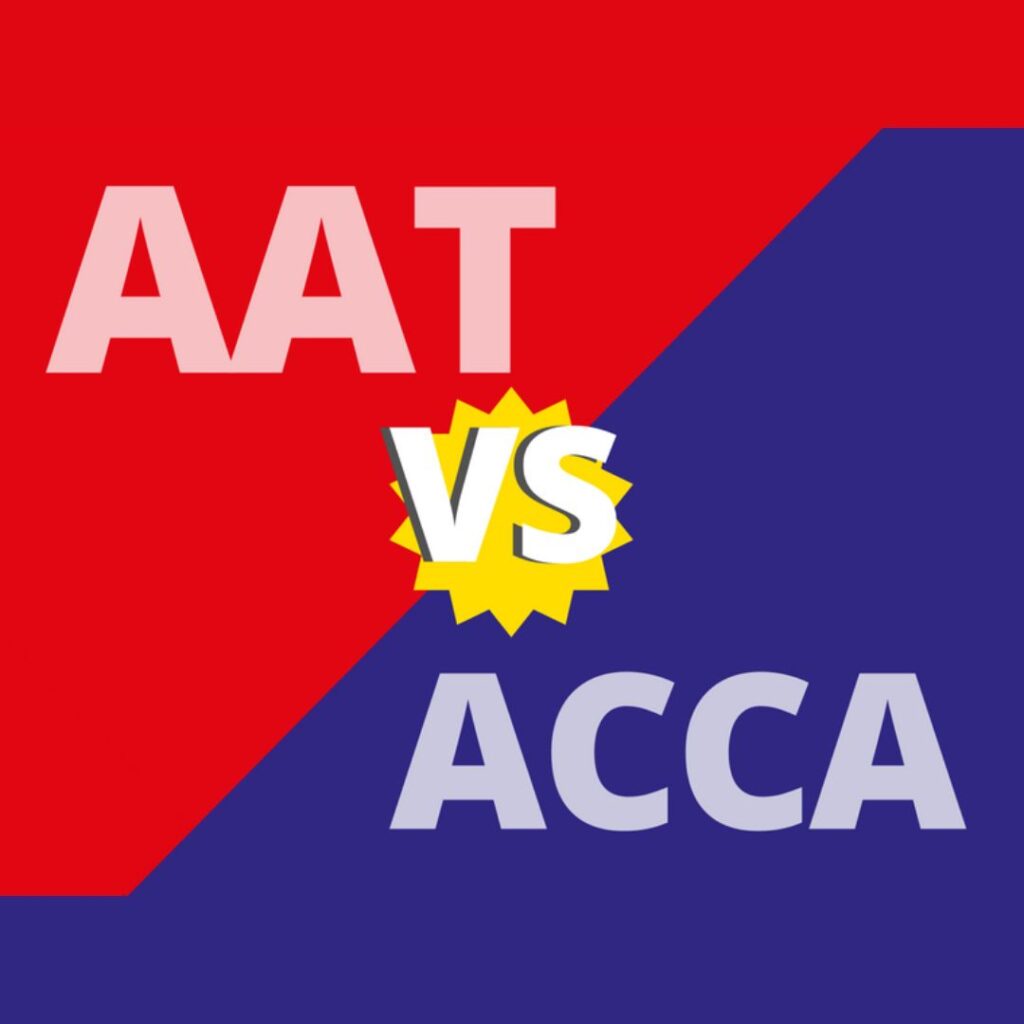How Machine Learning is Reshaping Accounting and Financial Operations

Click to Play Your browser does not support the audio tag. Overview: AI is changing many industries through automation across the globe. And the way these industries operate changes as well. All these operations are changing through machine learning, a branch of artificial intelligence. The ability of systems to automatically learn from experience and get […]
Why are Companies in Ireland Integrating ESG Factors & How Does it Affect the Accounting Sector?

Click to Play Your browser does not support the audio tag. WHAT ARE ESG METRICS?: ESG stands for Environmental, Social, and Governance; these factors or metrics are used to assess a company’s operations and their effects on the environment, society, or governance-related issues. ESG in Ireland serves a very positive purpose as it enables businesses […]
5 Key Transformations in Nepal’s Accounting History

Click to Play Your browser does not support the audio tag. INTRODUCTION: Looking back at Nepal’s accounting history, it can be easily concluded that this region has seen great changes in accounts and business functions, over time. There are numerous factors contributing to these changes such as technological advancements, modern financial management techniques, the country’s […]
What Are the Basics of Accounting for Startups

Click to Play Your browser does not support the audio tag. Starting a new business is a rigid task that needs attention, ethics, and constant working. But some of the most important aspects of running a startup are understanding accounting software for a startup business to save and track financial transactions. But,why keep track of […]
What Are the Major Accounting Trends for 2025 in Ireland?

Click to Play Your browser does not support the audio tag. The accounting industry in Ireland undergoes a major transformation driven by technological advancements, regulatory changes and evolving business needs. As 2025 approaches, businesses must stay ahead of the curve to maintain compliance, improve efficiency and make financial growth. Accounting firms in Ireland must adapt […]
Why Should You Consider a Career in Accounting?

Click to Play Your browser does not support the audio tag. In business world a career in accounting is one of the most stable, rewarding and lucarative profession. Whether, if someone is interested in money management, financial planning or corporate environment, accounting offers different opportunities for professional growth. In Accountancy Ireland, accountants play a very […]
ACCA vs AAT: Which Accounting Qualification Should You Choose?

Click to Play Your browser does not support the audio tag. Selecting the right qualification in accounting is important for success. Two mainly recognized qualifications in this field are ACCA (Association of Standard Chartered Accountants) and AAT( Association of Accounting Technicians). Both offer distinct advantages and can lead to rewarding career paths. However, deciding between […]

